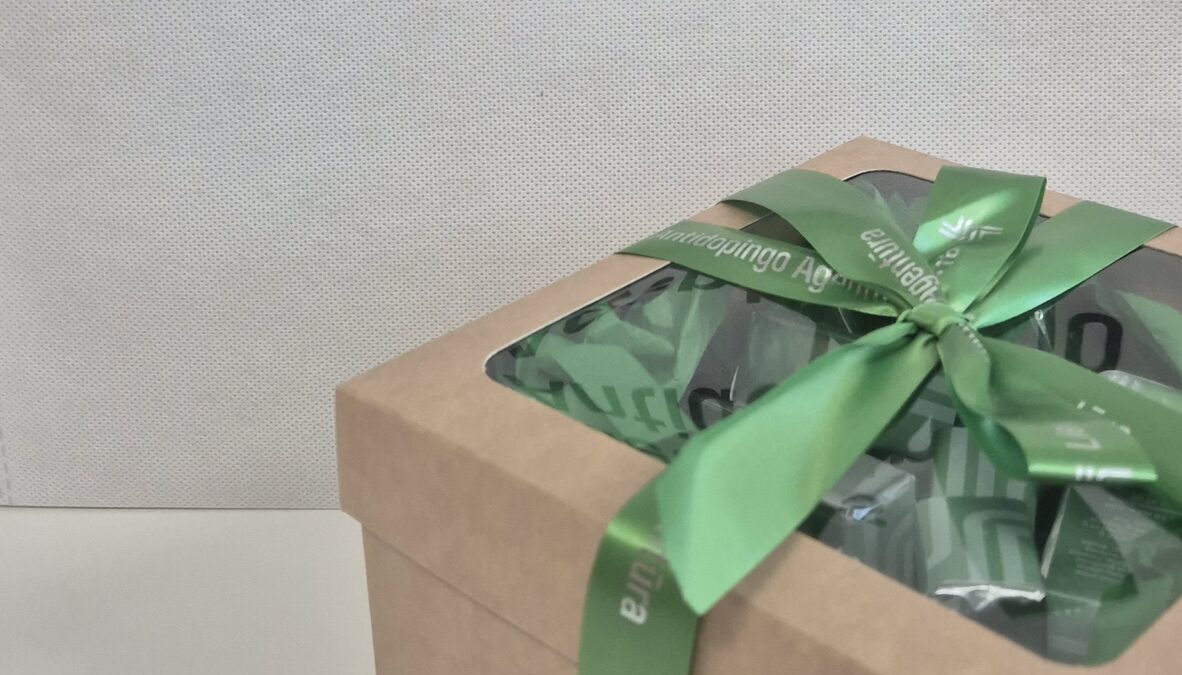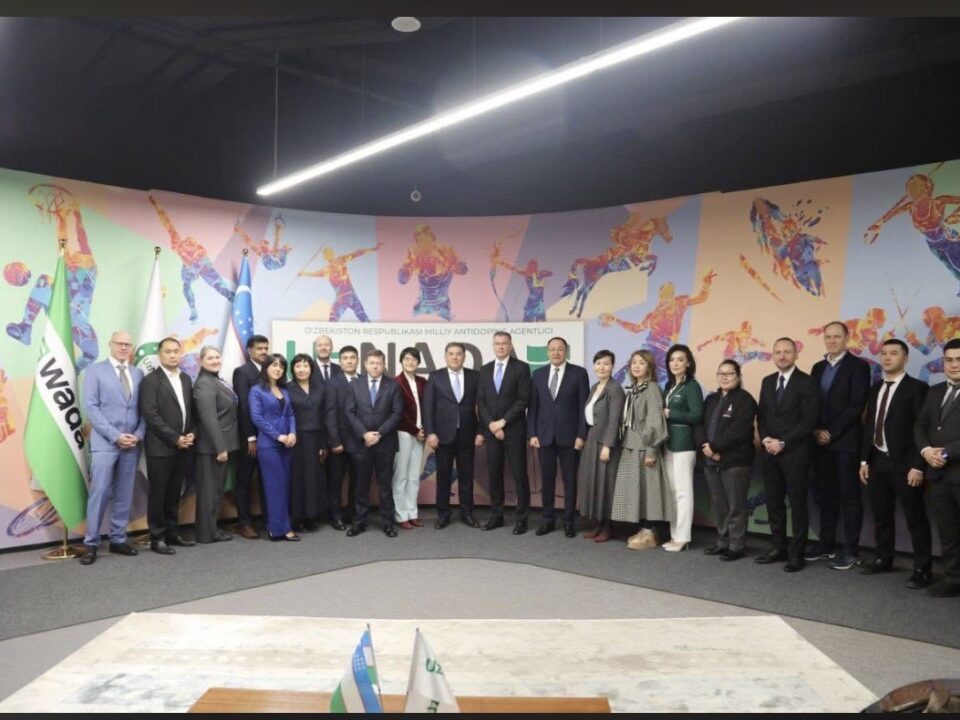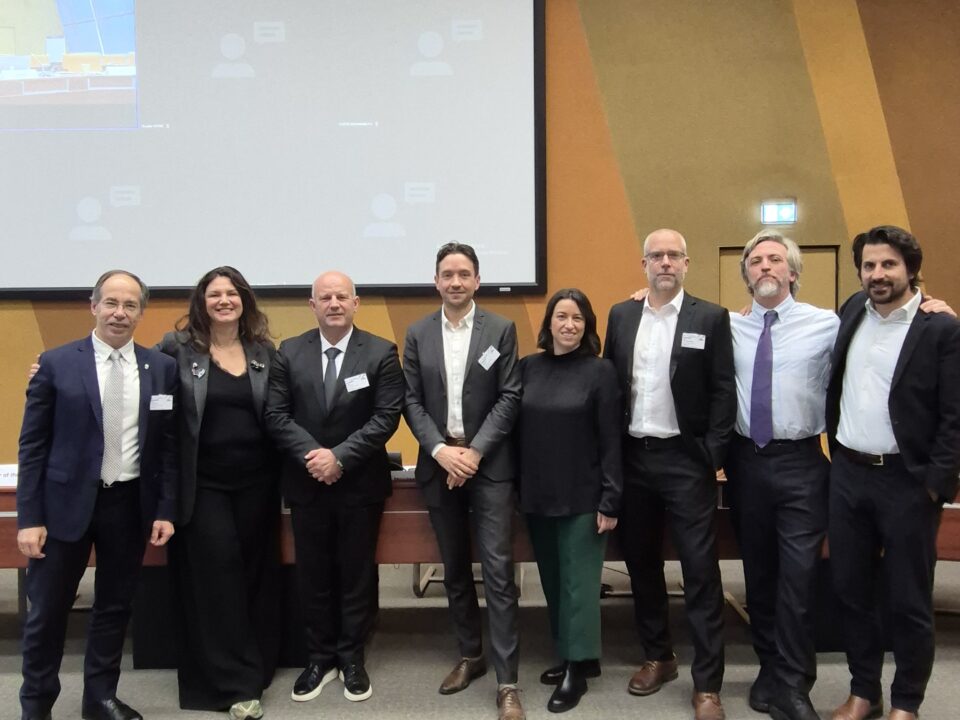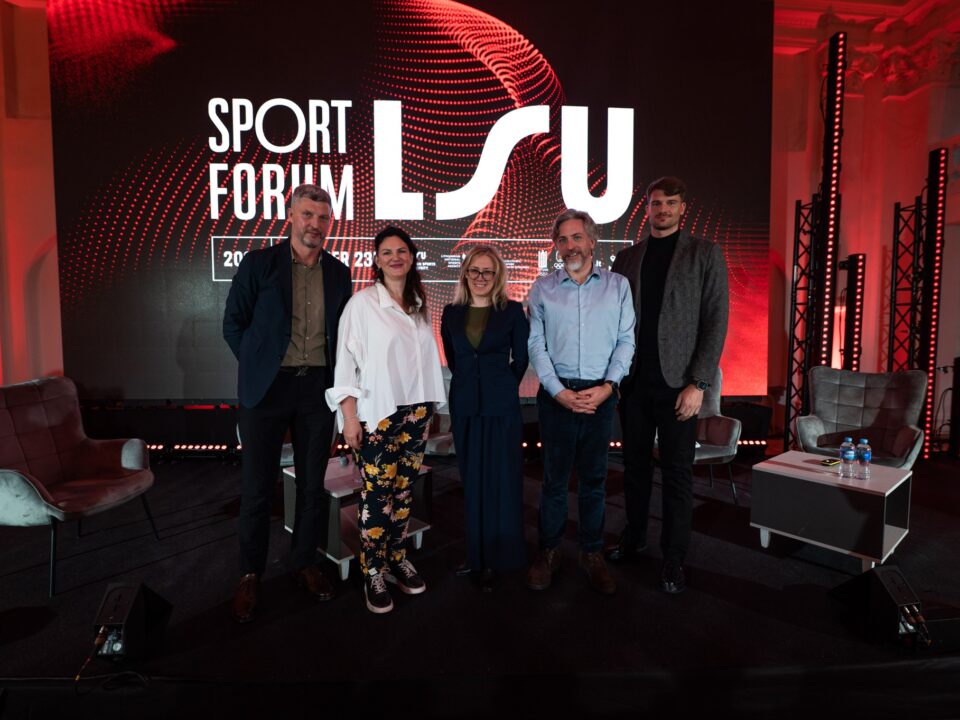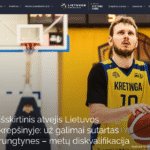
Lithuanian Anti-Doping Agency welcomes the decisions of the Association "Lietuvos krepšinis" in the area of results manipulation
2025-08-06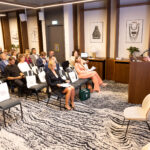
Lithuanian Anti-Doping Agency celebrates its 20th anniversary
2025-09-22This summer, the Lithuanian Anti-Doping Agency celebrated its twentieth birthday. From humble beginnings, when anti-doping was handled by just one specialist, to a modern and independent institution with the goal of clean and fair sport, the Agency has come a long and eventful way.
It all started in 2005. That was the year the Lithuanian Anti-Doping Agency was established in Lithuania. The decision to set up the Agency was closely linked to the global trend towards the creation of independent doping control bodies in countries belonging to the Olympic Movement.
The Lithuanian Anti-Doping Agency currently operates as a public body under the Ministry of Education, Science and Sport and continues to pursue its mission to promote a culture of fair sport and ensure equal opportunities for all athletes.
"From a small state institution under the Department of Physical Education and Sport, we have become a modern state institution working with modern international principles and methodologies. Over the years, the governance of the organisation has changed substantially and a funding model that ensures its independence has been established," says Banytė.
Mission: clean sport and a level playing field for all athletes
"Athletes need to make sure the sport is clean and they are all competing on a level playing field. This is our core mission," says Rūta Banytė, Head of the Lithuanian Anti-Doping Agency.
The World Anti-Doping Agency Code is the document that lays the foundations for the fight against doping in sport worldwide.
"It is this document that ensures uniform anti-doping standards worldwide. We are responsible for ensuring that they are respected in Lithuania. Every year, the list of banned substances is updated, and the Agency has a duty to make sure that all interested parties are aware of it. Therefore, the main area of the Agency's activity is to educate the public, and especially the sports community, about the harm of doping to health and the values of sport," explains the Head of the Lithuanian Anti-Doping Agency.
"Our aim is not to punish but to educate. We have been following this rule since the very beginning of the Agency's activity, but in the near future we will pay even more attention to the education of the sports community," says R. Banytė.
"We see that it is education, proper communication with sports organisations, federations, clubs and athletes that helps to reduce the use of banned substances and fosters a culture of zero tolerance towards doping. Of course, this does not mean that we will reduce testing. In parallel with education, we are working to increase the effectiveness of the doping control programme and to introduce new testing methods."
In its two decades of operation, the Agency has faced many challenges, one of which has been the reluctance of the sports community to cooperate.
"However, the situation has been changing a lot lately, and I would call our relationship with most of the sports ecosystem a true partnership. As good examples I can mention the Lithuanian
the Anti-Doping Agency's cooperation with the weightlifting, kyokushin karate and football federations", says Banytė.
Prevention of manipulation in sport is a new area
From the end of 2022, the Lithuanian Anti-Doping Agency will also act as the national coordinator of the fight against match-fixing.
"I would say it is a very natural step. Manipulation of sport and sporting results is the other side of the dirty coin of sport. Our agency has a great deal of experience in the fight against doping in sport. This knowledge and experience can be adapted and applied in the fight against manipulation, another cancer that is destroying honest sport worldwide", says Banyte.
Moreover, according to her, the means of action are also very similar when comparing the fight against doping and manipulation.
"I have often mentioned the need for education when talking about doping prevention. The same can be said for the fight against manipulation: education, active and clear communication with the sporting community will help us to survive or at least minimise any attempts to influence in one way or another the outcome of sporting competitions".
The Lithuanian Anti-Doping Agency regularly participates in discussions with law enforcement authorities and sports federations on the issue of match-fixing, provides information on match-fixing as a phenomenon, its recognition and ways to combat it, and collects and evaluates information on suspicious meetings.
Interesting statistics and facts
At the beginning of its operation, the Lithuanian Anti-Doping Agency used to carry out up to 100 doping tests per year. Currently, it has more than 500.
Recently, the Agency has been organising an average of 45 training sessions and seminars per year on doping prevention and harm. Last year, stands were set up at 13 competitions to provide such information.
In 2025 alone, around 12,000 athletes will have received certificates proving that they have received anti-doping training (live or distance).
The Lithuanian Anti-Doping Agency actively cooperates with anti-doping agencies in Scandinavia and the Baltic States, as well as with agencies in Uzbekistan and Armenia. The Agency cooperates with the Anti-Doping Agencies of Mongolia and Kyrgyzstan, and in a research project with the Jamaican Anti-Doping Agency.
In 2024, the Agency received 10 reports of possible manipulation of sports competitions in Lithuania. As a result of the reports received, 13 referrals were made to the relevant Lithuanian and European sports federations, the police, the Prosecutor General's Office and supervisory authorities.
The Lithuanian Anti-Doping Agency has signed 25 cooperation agreements with sports organisations to combat manipulation of sports competitions and prevent doping.
--
On Thursday, 11 September, the Lithuanian Anti-Doping Agency is organising a conference to celebrate its 20th anniversary. The conference programme is available at Here.

